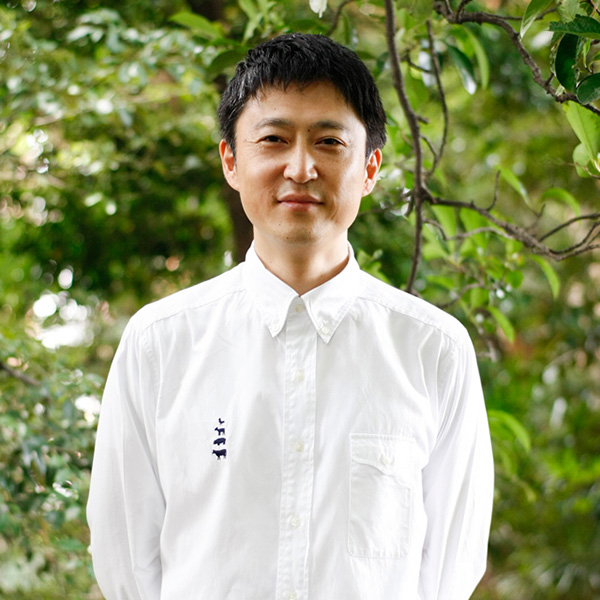Forum to commemorate the 111th anniversary of the founding of Green Wise
“From Fast Green to Slow Green Feel rather than Think” Urban Life that links to the Future
Regional Circulation-type Lifestyle Project
Talk session & get-together
-
1Semi-public Housing Land DevelopmentConnected Life Jindaiji Temple Project
This is a community symbiotic residential project encompassing semi-public functions on the grounds such as a community garden and café and a space with an earth floor in the residential building.
We intend to plan and run an annual lifestyle events program including dietary education, galleries and live events. Through discussions with Yuto Tanaka, the town planning professional and Shunichi Furuya, the architect, who were involved in this project, we developed discussions not only about the project but also towns and residences.- Date
- Ended on 9th November (Wed)
- Panelist
- 1st part: Yuto Tanaka [Sociomuse]
2nd part: Shunichi Furuya [ Furuya Design Architect Office]
Panelist Profile
-
Yuto Tanaka[ Sociomuse ]
Representative Director of Sociomusé, Director of Daigo Construction, etc. His main work is to build and operate buildings but he is also involved in social projects in diverse fields and community planning. Ongoing projects include temporary great painters, Kamata Station East Entrance gourmet journey plan, race horse farm, she-Bop terrace, Sa-shi-su-se-so, Ota open factory, HUNCH. Received many awards. The Town and Art Challenge. (Written and edited by Tokyo Shoseki)

-
Shunichi Furuya[ Furuya Design Architect Office ]
Born in Chuo-ku, Tokyo in 1974. After graduating from the Department of Architecture at the School of Science and Technology at Meiji University and graduate school at Waseda University, he joined IDÉE. Following this, after creating an urban design system, he established the Furuya Design Architect Office in 2009. He designs everything from commercial facilities to residences as well as being comprehensively involved in construction, landscaping and interiors for urban spaces and relationships between people and plants. His major works include the new building at Omori Lodge, Hakobu Ie, Shibuya MODI, Minato Ward Azabu Library, and Tokyo Classic stables and administrative buildings. Received the Good Design Award and many other awards for architecture.

